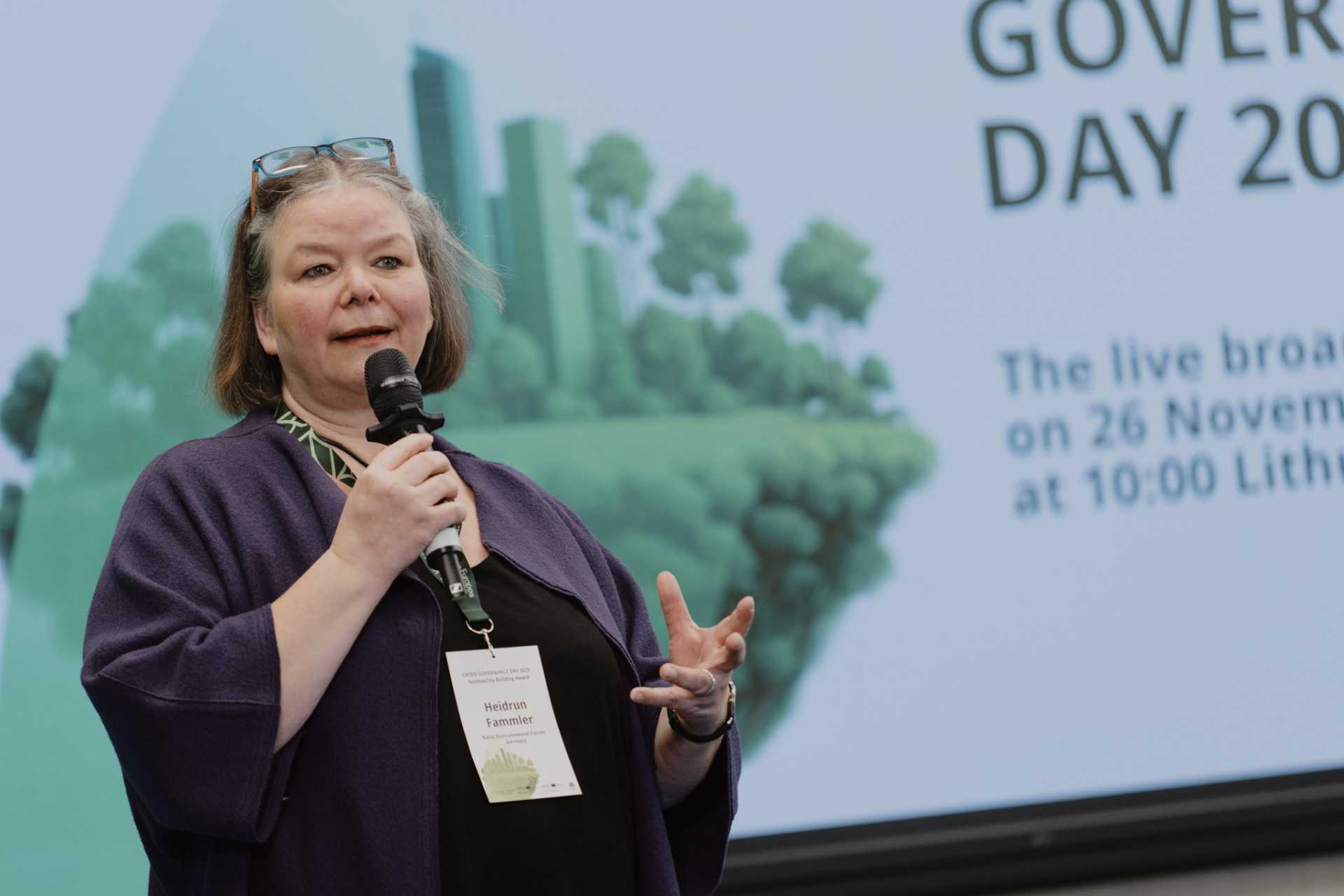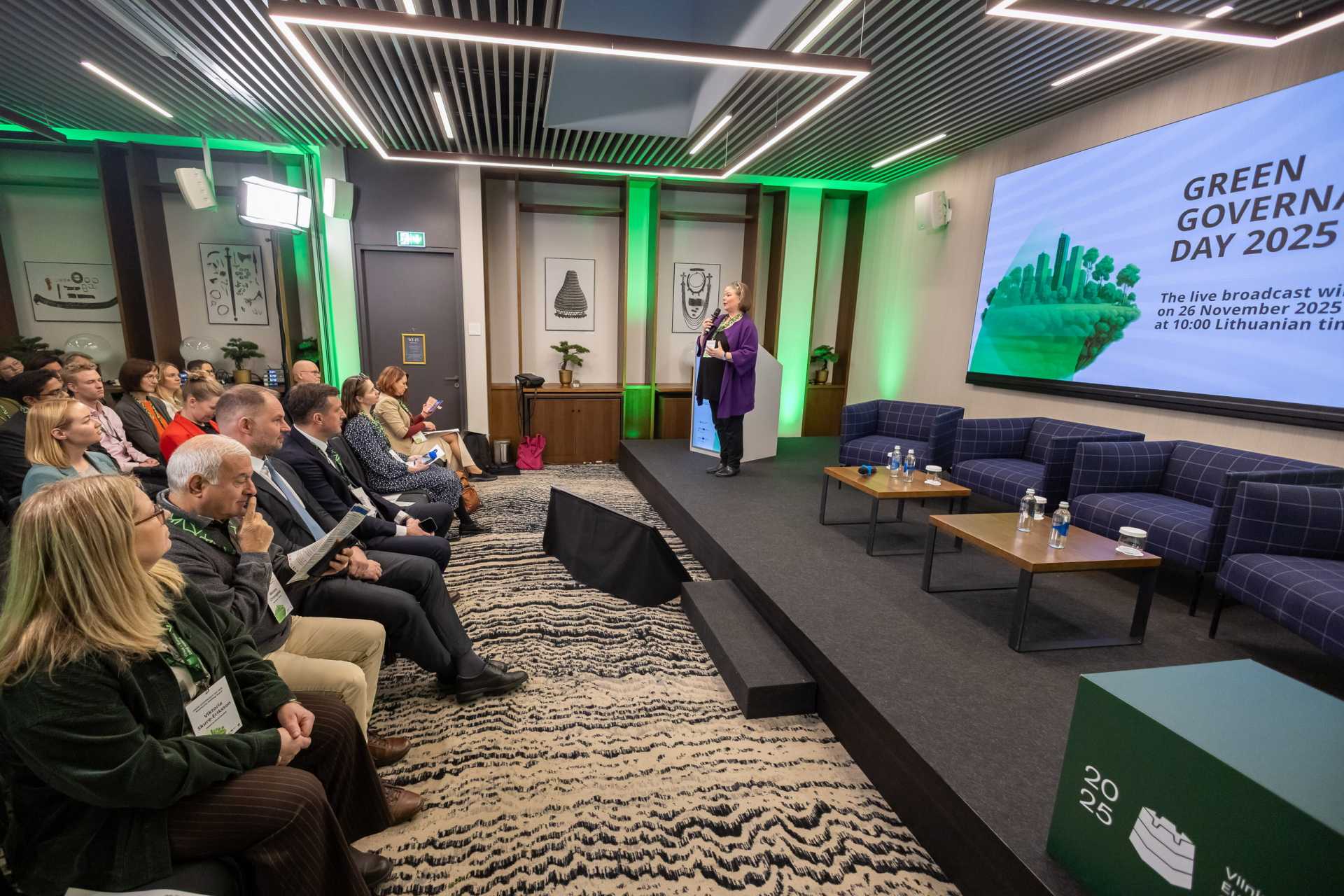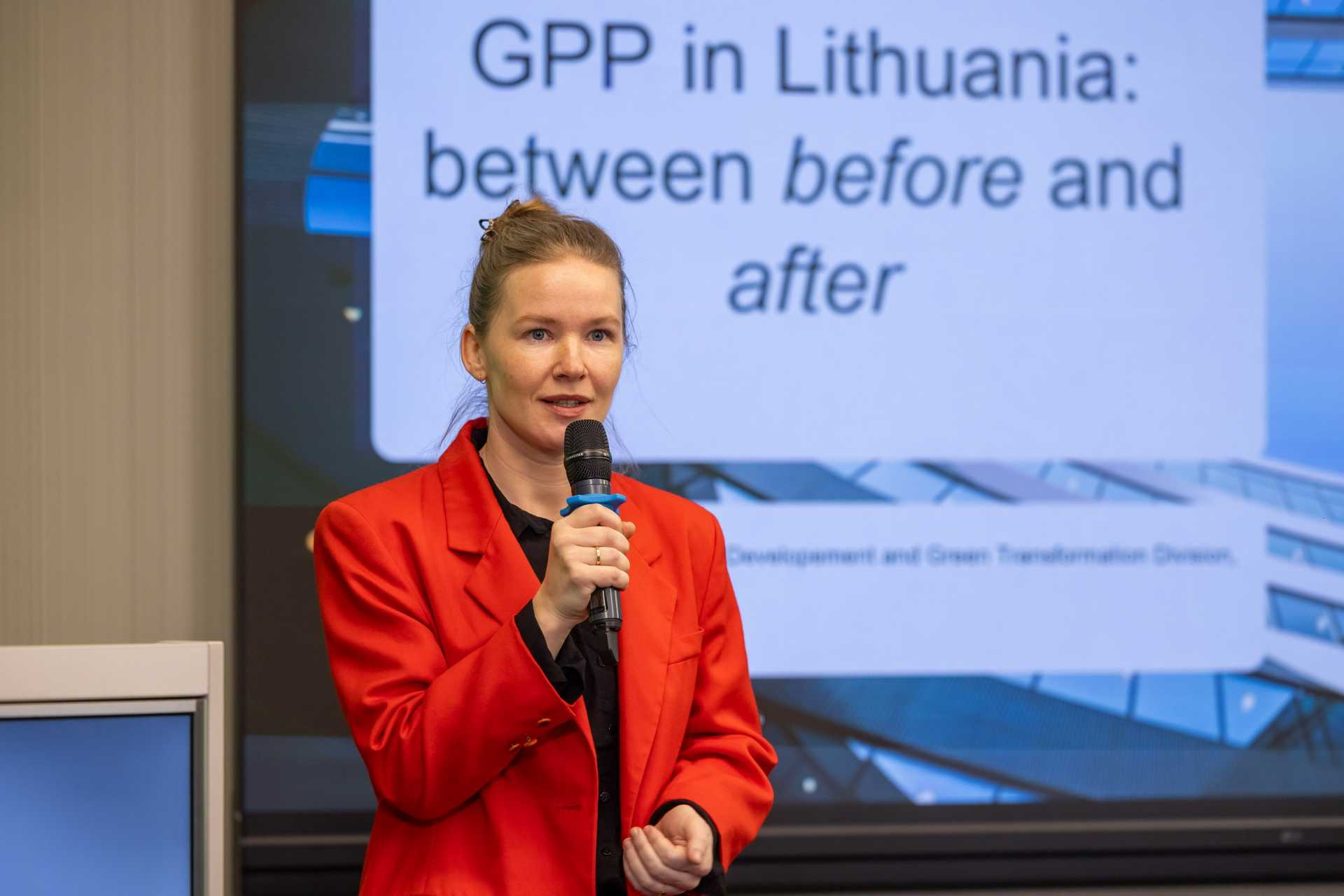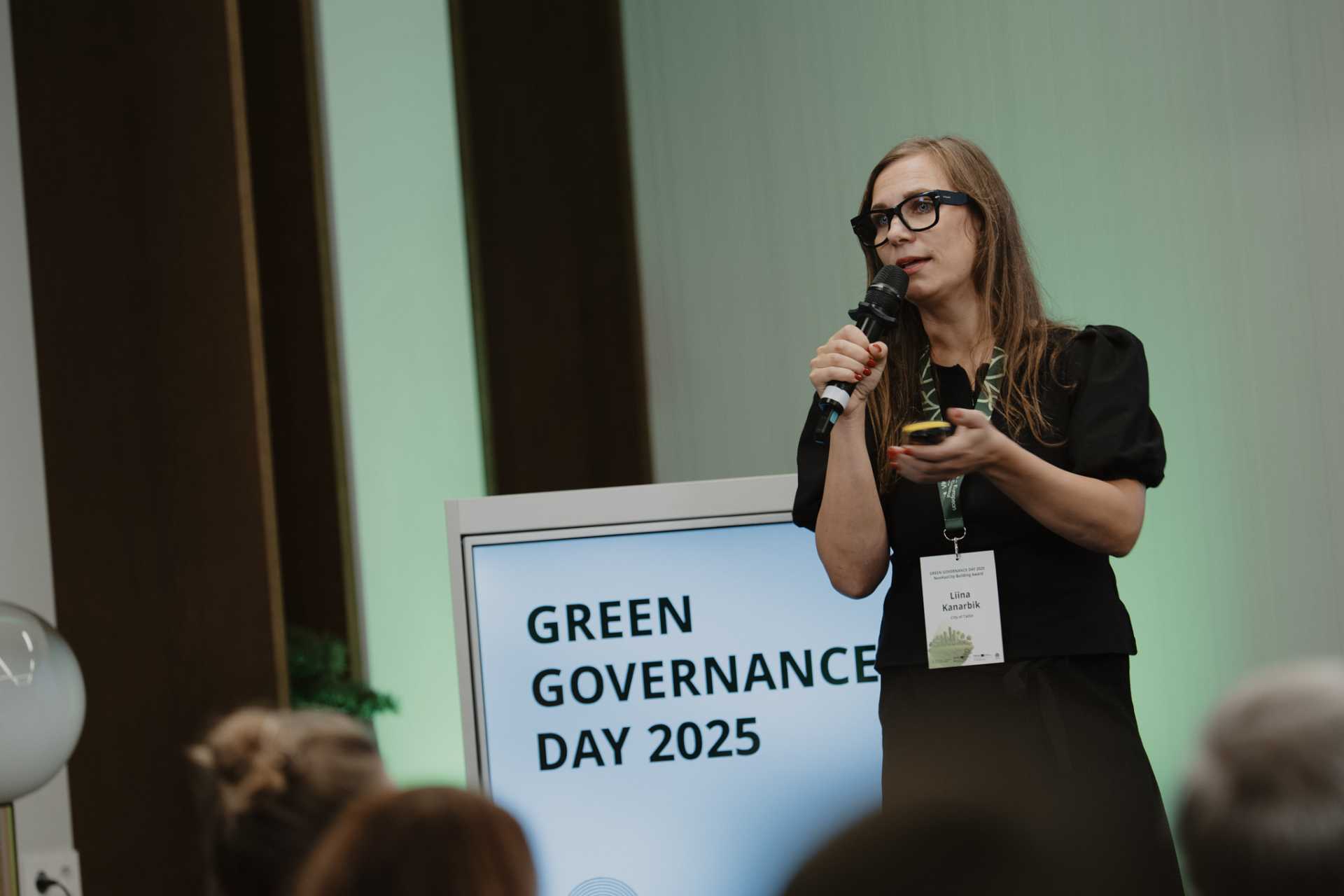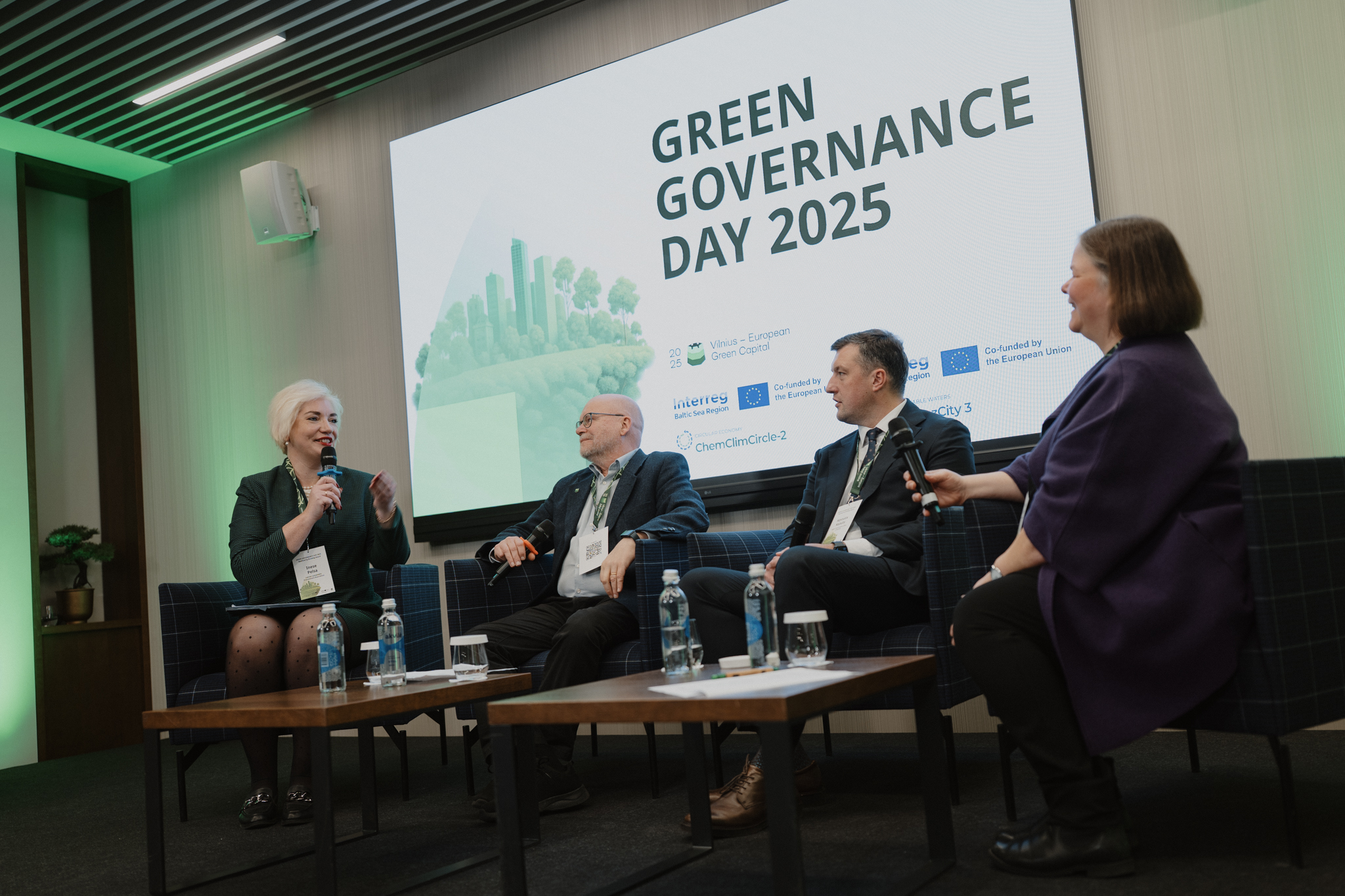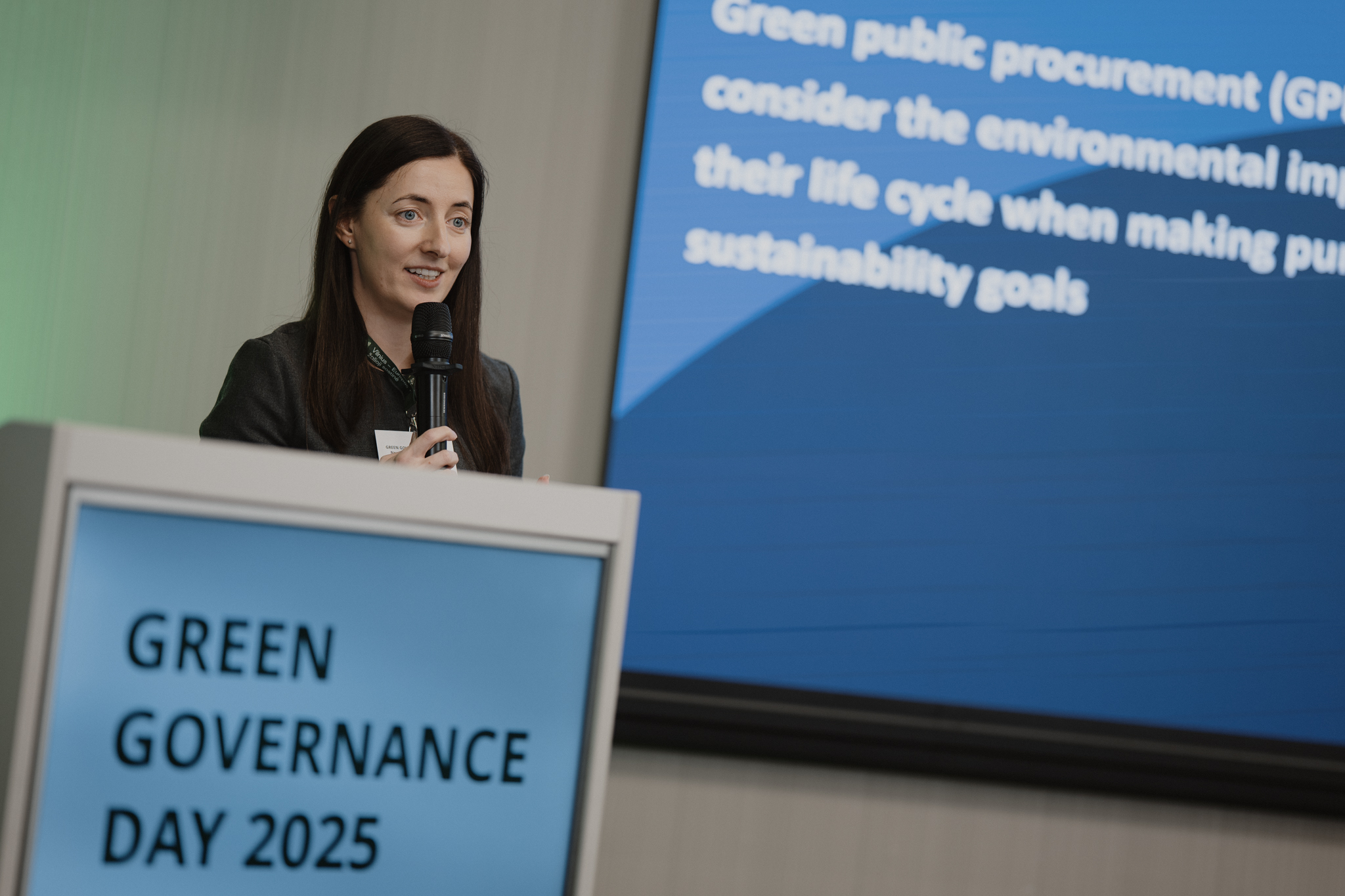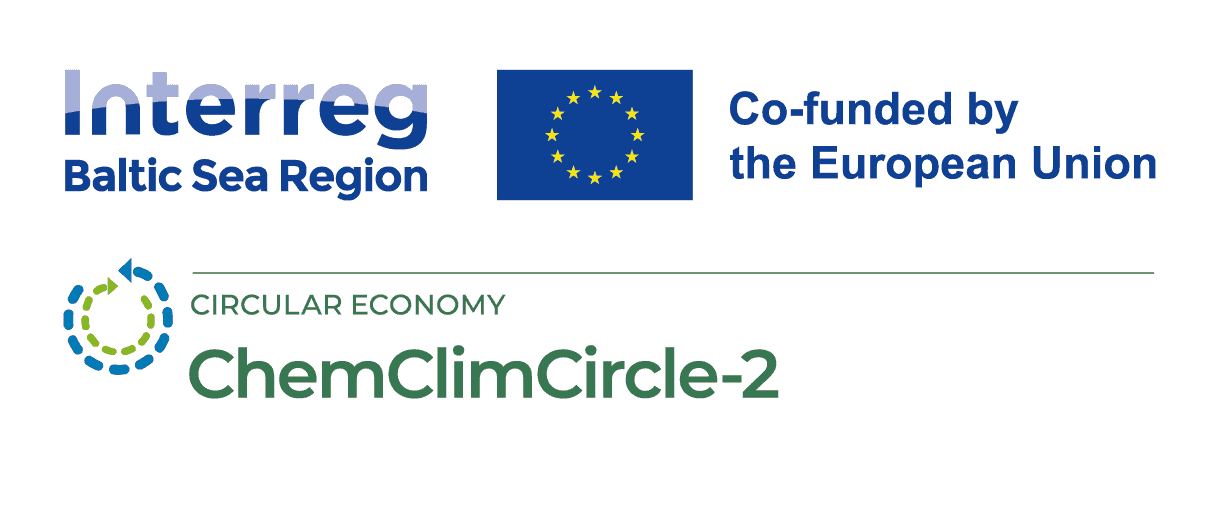
Public Procurement as a Driver of Change: European Cities Shared Experience in Vilnius
28 November 2025
On 26 November 2025, Vilnius hosted the Green Governance Day – an international gathering of municipal leaders, national institutions and European networks committed to strengthening the role of public procurement in driving the green transition.
This high-level event, organised within the EU-funded INTERREG Baltic Sea Region projects NonHazCity 3 and ChemClimCircle 2, brought together experts from Estonia, Finland, Sweden, Denmark, Latvia, Lithuania and broader European networks. Their shared message was clear: public procurement is one of the most powerful governance tools to accelerate climate action, reduce harmful chemicals and promote circular economy solutions.
A strong call for strategic and ambitious public procurement
Speakers highlighted that public procurement shapes entire markets, representing up to 14% of national GDP in many EU countries. When used strategically, it becomes a direct lever for innovation and sustainability.
“We want procurement not only to be green – we want chemicals, circularity and climate aspects to be equally integrated. This is the essence of Green Governance Day: showing how governance tools can truly drive change,” said Heidrun Fammler, Chairperson of Board, Baltic Environmental Forum (BEF) Germany.
Lithuania’s Ministry of Environment shared national progress following the introduction of mandatory environmental criteria in all public procurement procedures.
“Since 2023 every public procurement in Lithuania must include environmental criteria. We use 14% of GDP strategically – to stimulate the demand of sustainable products and services across the market,” noted Rūta Kukulskytė, Chief Specialist of GPP, Ministry of Environment of the Republic of Lithuania.
Cities leading the way across the Baltic Sea Region
Throughout keynote interventions and practical “lighthouse” cases, participants presented real-world examples of how cities translate sustainability goals into procurement requirements.
Tallinn showcased its city-wide transition to reusable solutions in public events, demonstrating how municipal action can reshape consumption patterns and inspire national policy.
“Tallinn’s experience shows that cities have the power to drive circular innovation. We can test, adapt and scale solutions faster than national systems – and this creates real market change,” said Liina Kanarbik, Lead Specialist, Circular Economy Department, Strategic Management Office, City of Tallinn.
Examples from Denmark, Finland and Sweden showed how data, traceability and consistent political prioritisation help shift construction, renovation and material use toward healthier and more circular pathways.
“Political leadership matters. When we prioritise sustainability and follow up consistently, procurement becomes a powerful tool for healthier communities and long-term change,” emphasised Viktoria Skure-Eriksson, Deputy Mayor, Västerås Municipality, Sweden.
Procurement shaping the future
A recurring theme across the event was the need for governance systems to evolve: from seeing procurement as an administrative task to recognising it as a strategic instrument for societal transformation.
“When designed strategically, green public procurement becomes an innovation driver – creating predictable market conditions and encouraging suppliers to deliver higher-performance solutions,” highlighted Evelin Piirsalu, Senior Expert in the Green and Circular Economic Transformations Unit.
The ChemClimCircle 2 consortium presented a new methodology linking circularity, chemical safety and climate impact, helping municipalities choose products and services with the highest long-term benefit.
“When we link procurement to circularity, toxins and climate criteria, it becomes a true driver of change,” noted experts from the project team.
A regional commitment to stronger governance
By convening leaders from across the Baltic Sea Region, the Green Governance Day strengthened cooperation between cities, research institutions and policy networks. The discussions underscored a shared commitment: embedding sustainability into every stage of public decision-making, from high-level strategy to day-to-day purchasing choices.
The event confirmed the growing role of green public procurement as a key political priority in Europe and a practical pathway to deliver climate, circularity and chemical safety goals.
For more information about the NonHazCity 3 and ChemClimCircle 2 projects, please visit the INTERREG Baltic Sea Region programme website.
You can find the recording of the live event broadcast here.







